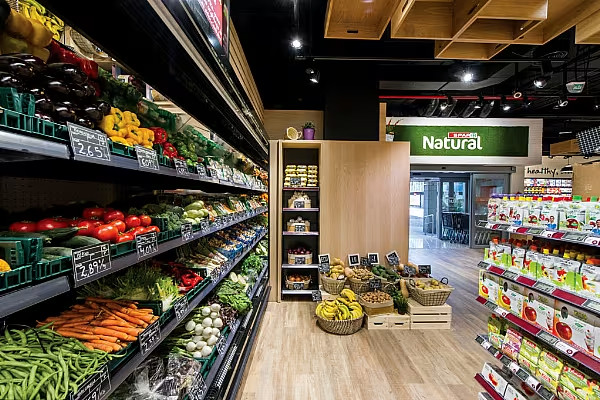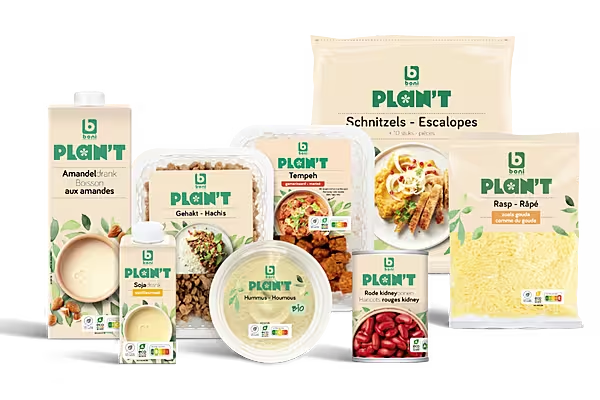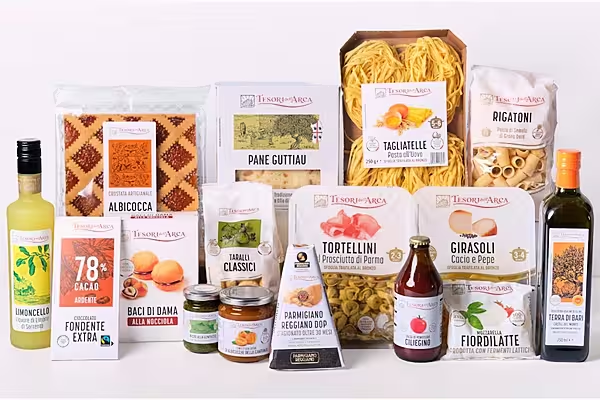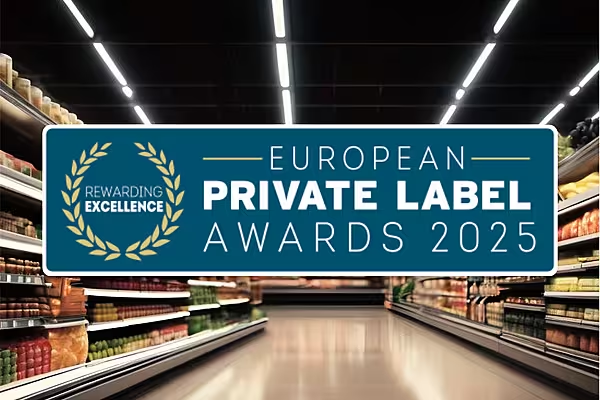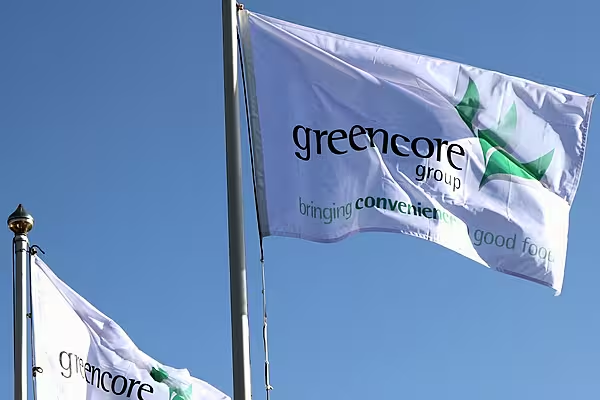In the most recent edition of ESM, we spoke to retailers across Europe about their private label strategies. With more than 13,100 stores across 48 markets, SPAR International is well-positioned to pick up on global private label trends as they emerge.
This article first appeared in ESM Issue 3 2020.
Having a presence around the globe has benefitted SPAR International when it comes to private-label development, with the group able to pool its resources to achieve economies of scale and remain ahead of consumer trends.
This has led to the development of stand-alone retail brands, such as SPAR Natural, a heightened focus on sustainability and ethical consumption, and supply chain stability during the current COVID-19 crisis.
ESM spoke to Tobias Wasmuht, managing director, SPAR International, about the retailer’s strategy.
ESM: What private label trends has SPAR International picked up on in the markets in which it operates?
Tobias Wasmuht: As a global brand, with a combined turnover of €35.8 billion, SPAR has a unique perspective on consumer trends surrounding the development of own-brand globally. High quality, consistency and value have seen the popularity of own-brand products grow dramatically across the majority of SPAR markets.
The latest trends indicate strong shopper demand focusing on health and wellness, with an increasing number of consumers looking to healthier options. This has resulted in a significant increase in the number of high-quality vegan, low-in-sugar, gluten-free and free-from products being included in the growing SPAR Own Brand range.
Where do you see the growth potential in private label at the moment?
We see considerable growth potential in a wide range of categories, including health and wellness, with macro-trends pointing to an increased popularity in lifestyle choices, such as vegan, or dietary choices, such as gluten-free.
Considering the impact of COVID-19, we believe consumers will focus on three key areas: health, sanitation and value.
As customer trust, awareness and familiarity with own-brand grows, so does penetration. In more mature markets, own-brand penetration exceeds 50%, whilst in developing markets, there is growing penetration of own-brand, including in categories that were previously largely brand oriented.
We believe that there is growth potential for own-brand in categories that traditionally were exclusively held by branded suppliers, such as health and beauty.
As customers are more aware and better informed about the importance of nutrition on healthy lifestyles, own-brand is perfectly positioned to provide products to meet their needs. Introduced by SPAR International in 2017, the SPAR Natural range has broken new ground in the area of health and wellness, and has seen growth through stand-alone stores focused on offering health and wellness, as well as shop-in-shop category solutions.
What do you see as the potential hurdles to private label growth?
The economic challenges prompted by the COVID-19 restrictions around the world will likely change the dynamic and consumer trends related to own-brand consumption, at least in the short term.
As countries economically move past the crisis, adjusting to lower consumer confidence, the availability of value products will be at the forefront of own-brand trends. There will be a shift in focus from both the industry and consumers back towards value ranges. As a consequence, the more recent developments and focus on premium ranges within own-brand will be challenged to continue growing at the rate they were experiencing.
How have private label architectures shifted in recent years, in your opinion?
The own-brand architecture is more complex today than before. There is a need for multiple own-brand structures, catering to more fragmented and diverse customer groups in all markets.
What does the future hold for private label, do you think?
We are confident that the growth that has been achieved in our more mature markets will be replicated in many of our developing markets worldwide. We are conscious that, in the forthcoming economic environment, the impact on consumer spending will result in further acceleration of strong growth in own-brand.
Own-brand has a major role to play, but so do manufacturers. We anticipate that key brands working in collaboration with retailers will continue to grow and prosper. There will also be a growing market for challenger brands – those innovative companies that bring greater variety, choice, and new trends.
© 2020 European Supermarket Magazine – your source for the latest retail news. Article by Stephen Wynne-Jones. Click subscribe to sign up to ESM: The European Supermarket Magazine
